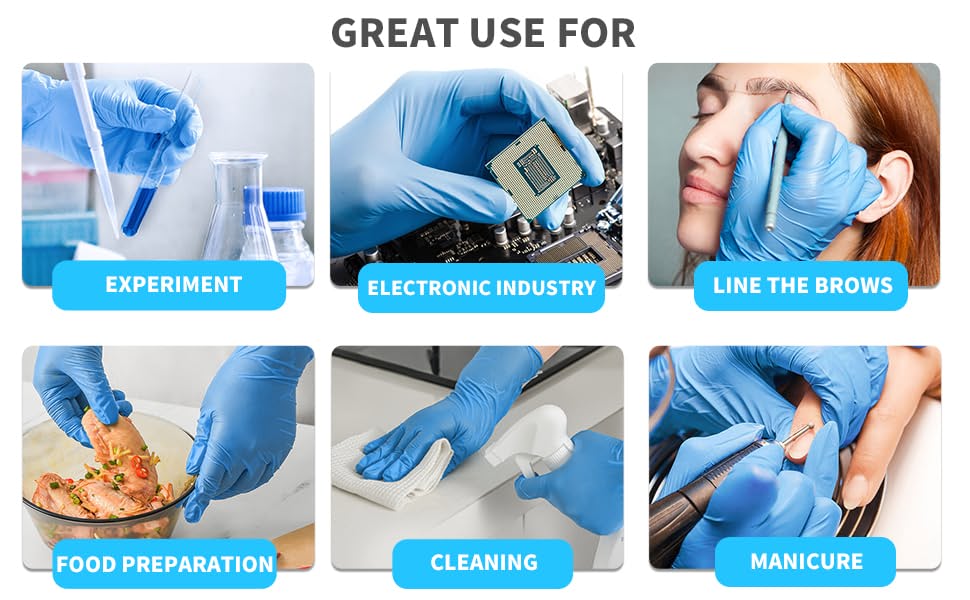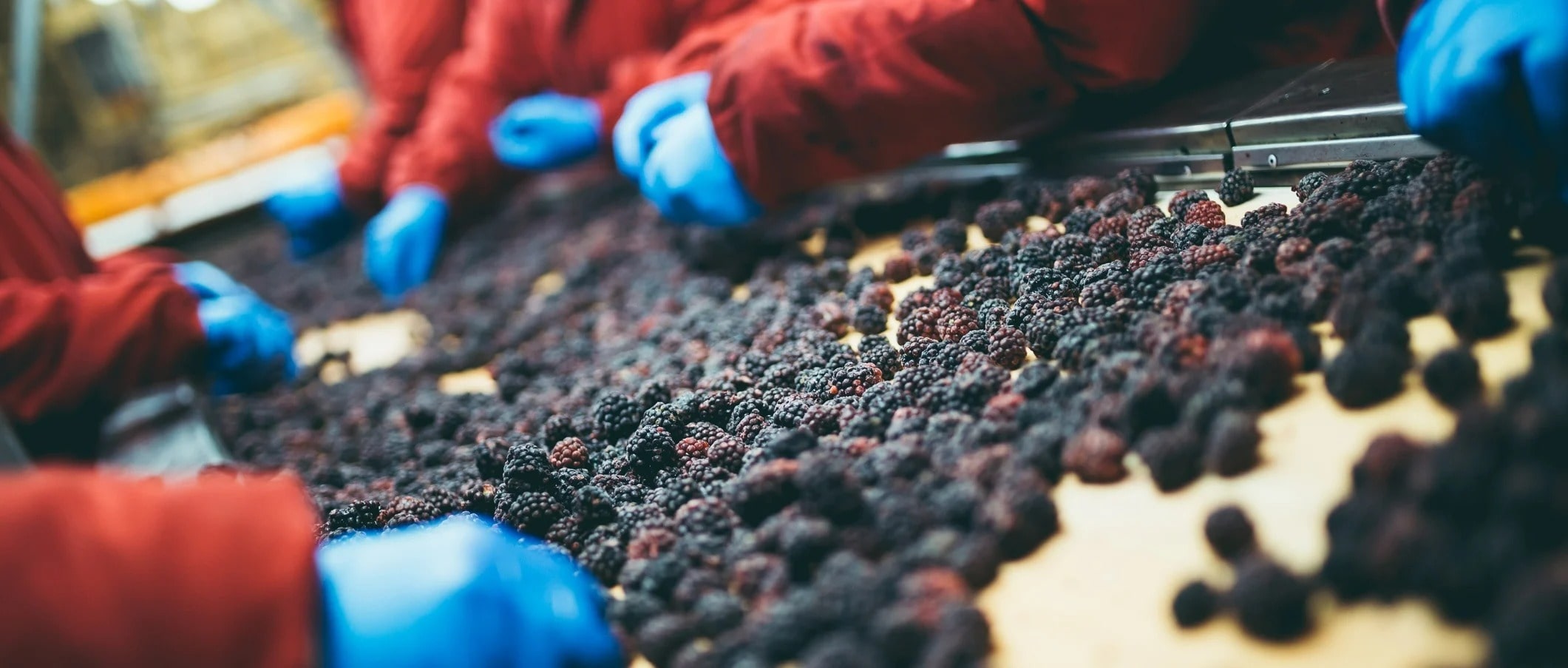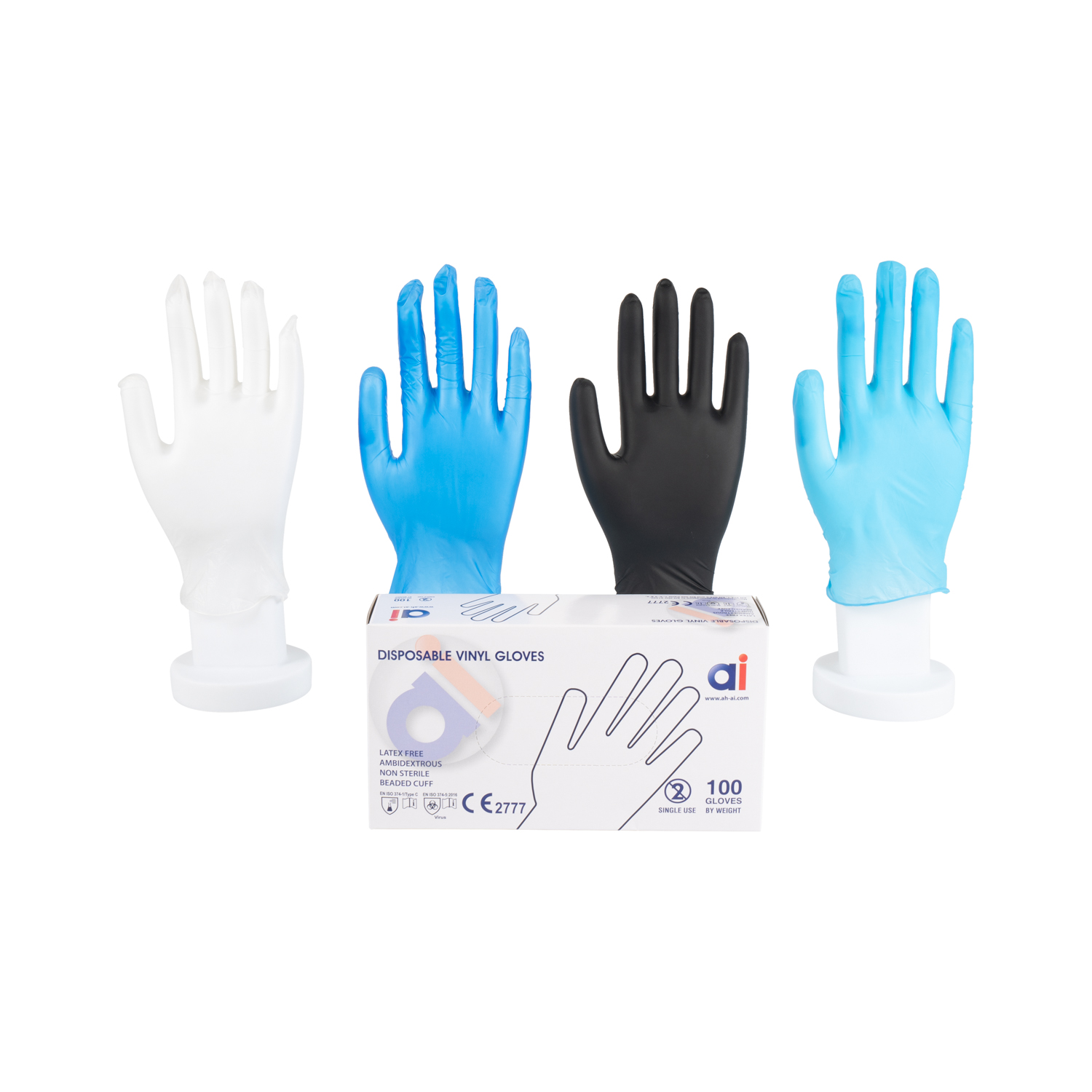
In addition to medical surgical gloves purchased by hospitals, most of us need disposable examination gloves.
According to different materials, disposable medical gloves are divided into four major categories:
PVC gloves (including PVC gloves, mixed gloves)
latex gloves
Nitrile gloves (including nitrile gloves, improved nano nitrile gloves)
Polyurethane gloves (polymer gloves)
1.The difference between different materials:
Disposable PVC gloves
1.PVC gloves:
The advantage is that it is cheap and does not cause latex allergies.
The disadvantages are that it has poor elasticity, is not breathable, is prone to sweating and hurts the hands, does not fit the hand, and has a poor user experience, making it not suitable for long-term wear. Pay attention to the plastic restriction order. PVC gloves are not easy to degrade and are not very environmentally friendly.
Disposable latex gloves
2.Latex gloves:
The advantage is that the main component of the raw material comes from natural rubber, and the gloves have good elasticity and fit the hand.
The disadvantage is that it contains natural latex protein, which is easy to cause allergies. People who are allergic to latex products cannot use it. Latex gloves are not resistant to grease and cannot be used in catering, petroleum-related, food processing, etc. Not anti-static and not suitable for use in the electronics manufacturing industry.
Disposable nitrile gloves
3.Nitrile gloves:
Advantages: No latex protein, no latex allergy; resistant to grease and some solvents, good chemical properties; antistatic, can be used in the electronics manufacturing industry.
Disadvantages: Insufficient elasticity and poor breathability.
* However, there is an improved nano nitrile glove. Although it is also a pure nitrile glove, its breathability and elasticity have been improved, so it has a wider range of applications, can fit the hand, and has a better use experience.
Water-based polyurethane gloves
4.Polyurethane gloves (water-based polyurethane gloves)
Made of a polymer material, it has five outstanding features:
①High elasticity. Polyurethane gloves have high stretch elasticity, toughness and are not easily broken; they also rebound and recover, so the gloves will not deform.
②Good breathability. Polyurethane gloves are breathable, don’t sweat, don’t hurt your hands, and are waterproof and permeable.
③High sensitivity. Polyurethane gloves can touch screen operations, recognize fingerprints for unlocking, and make fingers fully flexible. They are especially suitable for the medical industry, precision instrument manufacturing and maintenance, etc.
④No allergies. The raw material is water-based polyurethane, which does not contain natural latex proteins and will not cause latex allergies. Moreover, the gloves are powder-free and have no irritating smell, making them relatively safer and environmentally friendly.
⑤High barrier properties. Polyurethane gloves have a high-density molecular structure and can block the entry of more subtle viruses.


